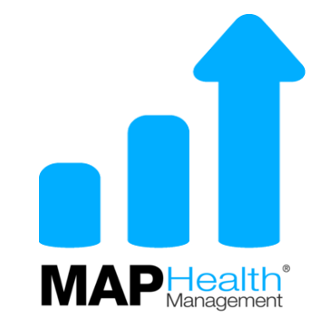10 Essential Questions Every Behavioral Healthcare Provider Must Be Able to Answer
November 3, 2016

Payers, providers, and patients have a shared stake in achieving more effective treatment outcomes and each stakeholder must experience a positive outcome in order to maintain continuity and sustainability for everyone involved. This equates to improved long-term treatment outcomes and optimal care with reduced healthcare expenses. In this new reality of declining reimbursements, providers who do not have a standardized means to demonstrate treatment outcomes in order to facilitate value-based contracting will be putting a large percentage of their revenue at risk.
The Triple Aim
1. Improve the patient experience
2. Improve treatment outcomes
3. Reduce the overall cost
Making the Triple Aim viable through population health management resources such as telehealth, predictive analytics, real-time risk assessments and alerts, as well as customizable reporting to standardize and streamline better clinical processes will promote better patient engagement, enable proactive care, and minimize revenue losses.
Additionally, improved communication ultimately improves healthcare delivery and decreases the likelihood of duplicative or unnecessary services. Innovative and accessible population health management platforms enable providers to proactively identify high-risk patients, and deliver an extended continuum of care that effectively treats and manages chronic illnesses with chronic treatment models, rather than attempting to treat a chronic illness with an acute treatment model.
This is an exciting time for the field of behavioral health and providers must be prepared to transition and in doing so, they will maintain strong patient ingress and maximize revenue opportunities. Below are the ten essential questions that every provider must be able to answer as the field evolves.
- Does your staff and organization understand the importance of utilizing behavioral health population management with performance measures defined on quality, and outcomes defined for your entire patient population?
- How do you communicate with clients and their entire treatment team (regardless of specialty), to ensure you are delivering preventative and cost-effective care avoiding duplication of services?
- What steps do you take to confirm a client does not have a misdiagnosis or a co-occurring disorder that has gone without attention or treatment?
- How do you assess patient risk for relapse and prevent readmission?
- Do you have a program extending the care continuum for your discharged patients?
- Do you use telehealth to stay connected with your discharged patients?
- If you are not utilizing telehealth, what are your plans to implement this service?
- What steps have you taken in order to have post-treatment care reimbursed?
- What does your treatment facility specialize in and what are your treatment success rates?
- Does your staff have the tools to consistently measure and demonstrate the efficacy of the specific treatment you provide?
Taken from MAP’s recent white paper, ‘5 Key Factors to Successful Behavioral Health Population Management’. Download the paper at https://thisismap.com/insights/white-papers or contact us at for additional information.








